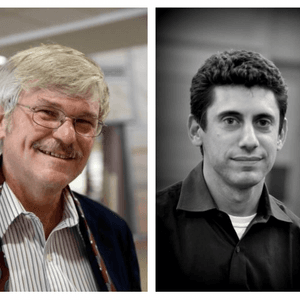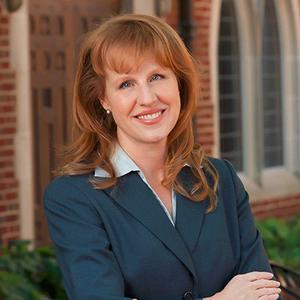A recent edition of the Harvard Civil Rights-Civil Liberties Law Review features articles about the impact of the Antiterrorism and Effective Death Penalty Act (AEDPA) in limiting appeals by prisoners and death row inmates. AEDPA was enacted in 1996, and Harvard Law School sponsored a symposium marking the legislation’s tenth anniversary. One article by Bryan Stevenson, Director of the Alabama-based Equal Justice Initiative, “Confronting Mass Imprisonment and Restoring Fairness to Collateral Review of Criminal Cases,” discusses how AEDPA and related court decisions have created barriers to challenging constitutional violations and restricted substantive review in death penalty cases. Additionally, many states are reducing the time persons on death row have to file an appeal. Procedural hurdles make it very difficult for an inmate who cannot afford a lawyer to file an appeal that will not be barred on procedural grounds, and court appointed lawyers are often not available for this process.
Symposium: “Pro Se Litigation Ten Years After AEDPA,” 41 Harvard Civil Rights-Civil Liberties Law Review 289 (2006). See Law Reviews.
Law Reviews
Oct 13, 2023

New Legal Research Declares “Heightened Standards” of Due Process in Capital Cases an “Illusion”
Law Reviews
Dec 30, 2019



